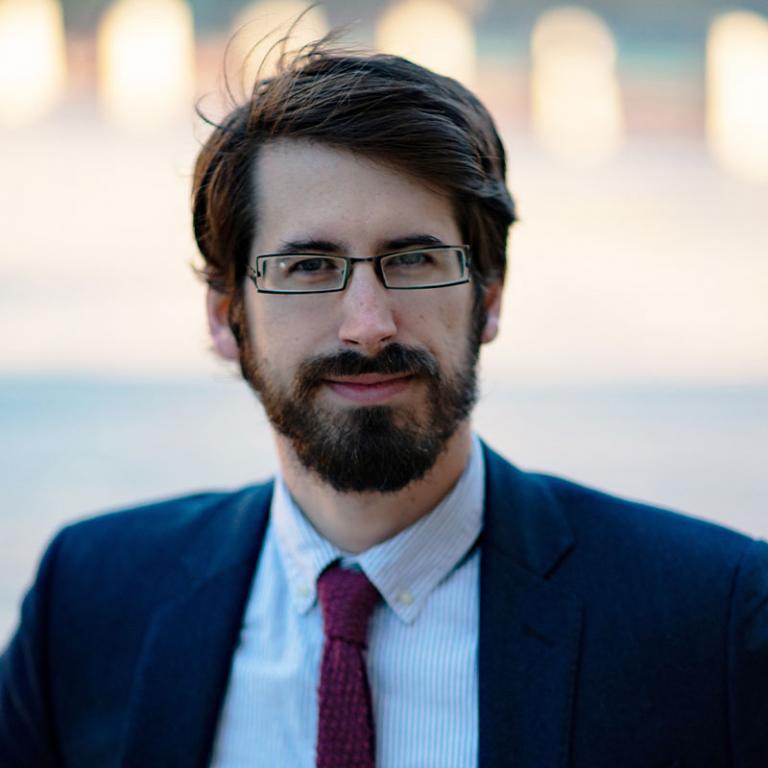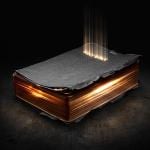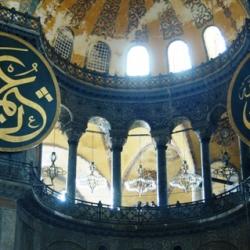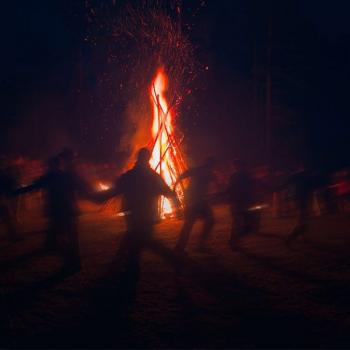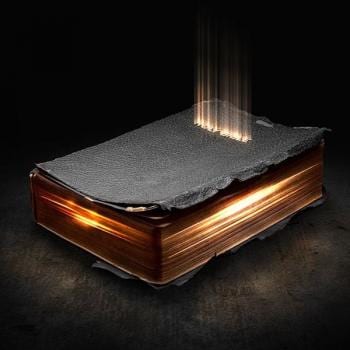Can you teach the Bible in public school? Are you allowed to read it? Pray in school?
You might be surprised to hear what the courts have decided over the years. The arguments over teaching the Bible in public school have been important for many religious communities in the US. The issue ultimately came to the Supreme Court in 1963 in a case known as Abington School District vs Schempp. In this case, the Supreme Court ruled that public schools are allowed to teach the Bible, but with some restrictions to ensure that the school systems did not cross the line into promoting a specific faith.
This means that the Bible can be taught as a text worthy of historical, cultural, and academic study, similar perhaps to how a school might teach an important work of literature or mythology. the Bible cannot, however, be taught in the context of devotional or confessional study. In public schools, that means that the Supreme Court ruled that discussions about the Bible should not presume theological claims. For example, the classroom teacher should not teach that the Bible is the word of God, that everything in the Bible is true, or that it proves that God exists (whether to nor not God exists is also considered outside the purview of American public schools). The Bible class can be mandatory or an elective, but in public school it cannot teach that one religious view is universally true. In other words, the sort of discussion a public school classroom might have about the Bible would likely look different than the sort of discussion a group of religious individuals studying the Bible for religious purpose might have.
There have been other legal cases throughout the decade, which have considered the question of who should teach the Bible course, and what count as qualifications. In general, public school teachers who teach classes on the Bible should have some academic qualifications for Bible study, whether that means some knowledge of Near Eastern civilizations and cultures when teaching the Hebrew Bible, or Graeco-Roman culture when teaching the New Testament. The teacher should also be able to discuss the different versions of the Bibles, and the different translations. A classroom might use a Catholic Bible, a Hebrew Bible, a Protestant Bible, or any other faith-specific version that includes different books as scripture, but there should not be presumed statements that one Bible is more, or less, ‘true’ than any other.
Another thing to remember in this discussion is that the question of teaching the Bible in public schools is all about the teachers. Students are allowed to organize their own Bible study groups, discuss their faith, pray together, and even distribute religious material, as long as other student groups are also allowed to engage in such activities. The question here is about the classroom, and what sort of material is taught.
Want to learn more? Check out these resources below:
SBL: Bible Electives in Public Schools, a Guide: https://www.sbl-site.org/assets/pdfs/…
SBL Teaching the Bible: https://www.sbl-site.org/educational/…
American Academy of Religion “Guidelines for Teaching about Religion in K-12 Public Schools:” https://www.aarweb.org/sites/default/…
First Amendment Center and Bible Literacy Project pamphlet: https://www.sbl-site.org/assets/pdfs/…
Mark Chancey article: https://www.smu.edu/News/2014/mark-ch…
Andrew’s religious studies book recommendations: http://amazon.com/shop/religionforbre…
Religion For Breakfast launched as a video series in 2014, and now has over 200,000 subscribers on YouTube and over 7 million views. It is commonly used as an education tool in the classroom. Written and produced by religion scholar Andrew Henry, Religion For Breakfast covers a wide range of introductory videos on religion and religious practices around the world, from the rise of Christianity to the role of Japanese religion in the development of Pokemon, to the world of myth and apocryphal literature.

